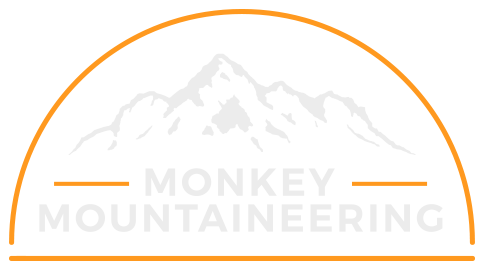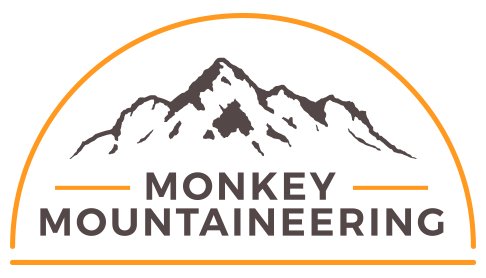The Mountains
Jebel Toubkal – At 4167m this is the highest mountain in Morocco and North Africa. It is not exactly clear when Toubkal was first climbed; however the first documented ascent was on 12 June 1923 by the Marquis de Segonzac, Vincent Berger and Hubert Dolbeau.
Timzguida – This is the second highest peak in Morocco. At 4089m it is often referred to along with Ras (4083m) as Ouanoukrim.
Ras – At 4083m this is the third highest mountain in Morocco.

